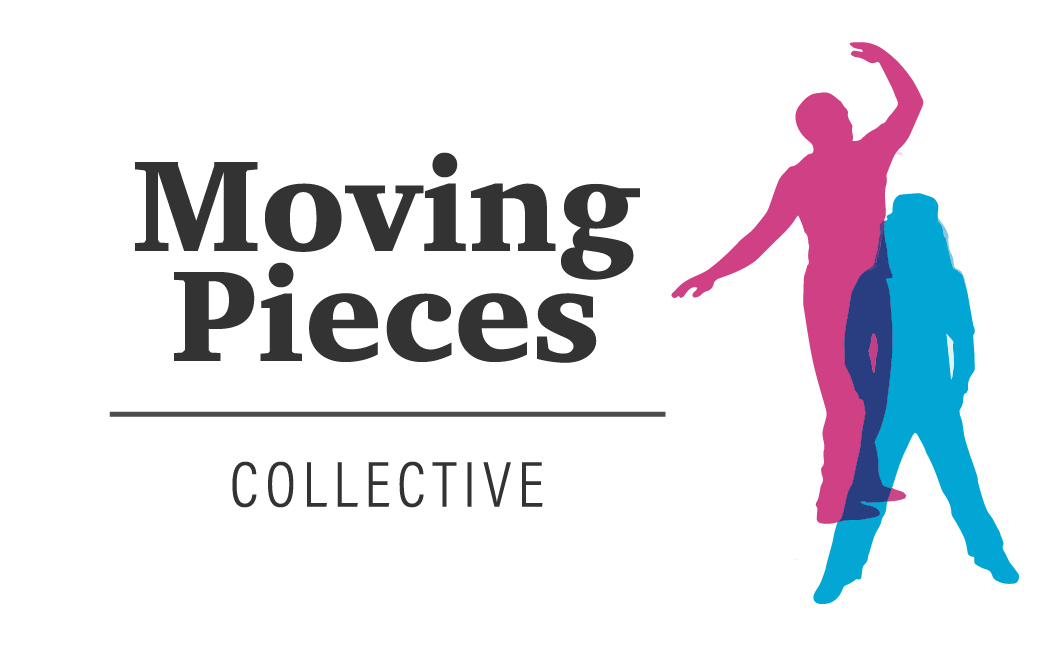Reflections on Total Eclipse
We’ve recently been touring our show Total Eclipse, visiting Brighton Fringe and Bath Fringe Festivals. Still to come are trips to Barnstable Theatre Festival and Reading Fringe Festival.
Total Eclipse explores the complexities of grief. It explores the impact of grief on relationships and mental health, and shows how sharing experiences through theatre can build open, understanding and supportive environments.
It was created after company members, Jose Parra and Charlie Blowers, experienced the sudden loss of their mothers suddenly in the same year.
But what many audiences don’t expect is the use of the red nose, a typical aspect of theatre clown. Theatre clown is something we think of as funny – a world away from death and loss, surely?
Using the principle of ‘transparency’ taken from theatre clown every emotion is displayed plainly in each moment. Catharsis occurs as the characters and audience connect with each other, and with themselves. we are taken on an exhilarating journey from disconnection towards connection, via catharsis. Through the use of physical theatre, emotion that would usually be hidden is opened up for experience. It’s visceral theatre that is also deeply psychological.
For most audience members the red nose mask becomes quite invisible - which is essentially the idea. Many were surprised about the number of themes we addressed in the show alongside humour.
Grief can be an isolating experience. We created Total Eclipse as a way of bringing communities together around this theme by sharing our own personal experience of navigating grief. We devised Total Eclipse using the Pochinko technique which focuses on one's emotional journey to create a story. By combining this technique of theatre clown with a sensitive script, the show maintains a light touch and humour to encourage a rare openness and honesty around loss.
Through Total Eclipse we are investigating the effectiveness of this style of theatre clown in supporting the transmission of the emotional experience of the performers to the audience with authenticity, humour and the use of metaphor. We also seek to validate and reclaim recognition for theatre clown by changing audiences perception of this art form, which is still often misunderstood.
The feedback has been brilliant. One audience member described it as ‘brilliant acting, lovely themes, poignant, funny and exuberant’ and another said it was ‘very engaging, clever moving and enjoyable.’ Sebastian Beaumont, reviewing for Broadway Baby commented that ‘finer performances would be hard to find in this masterclass of physical theatre.’
We’re looking forward to continuing the Total Eclipse journey.
